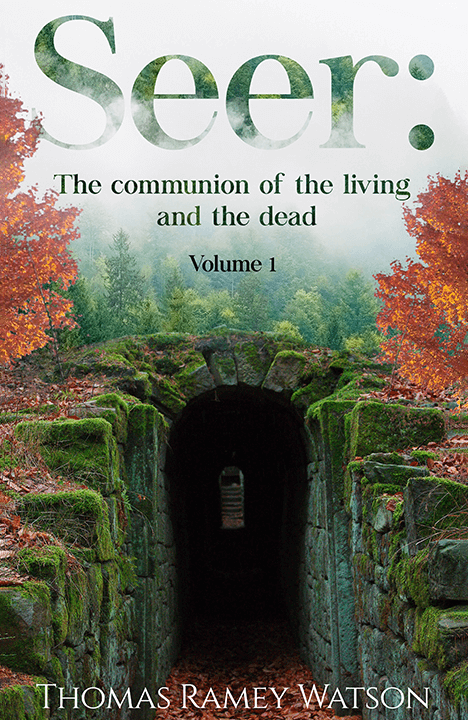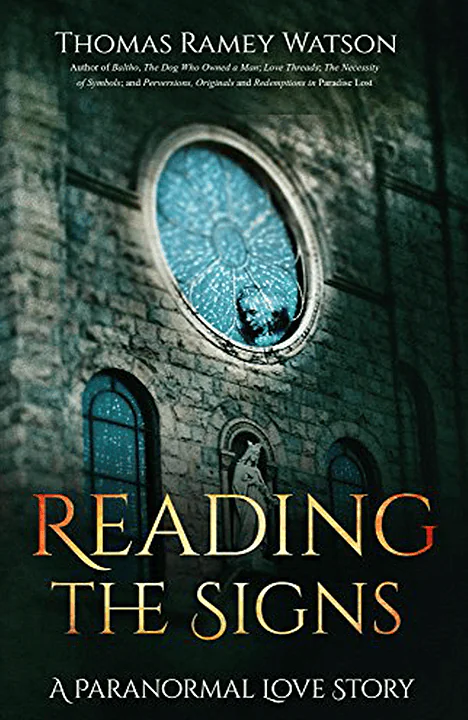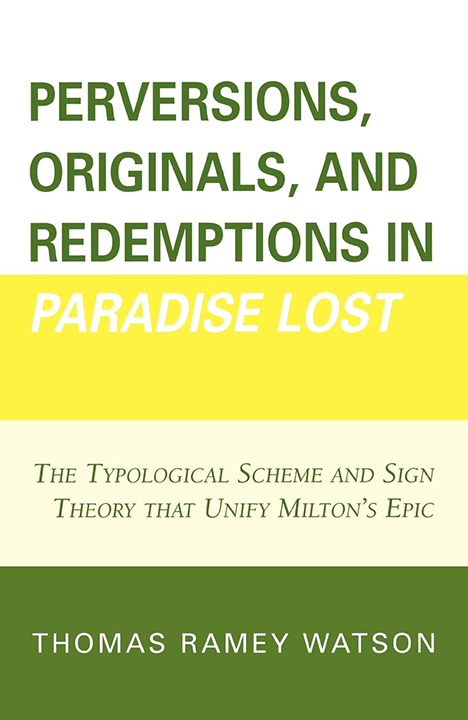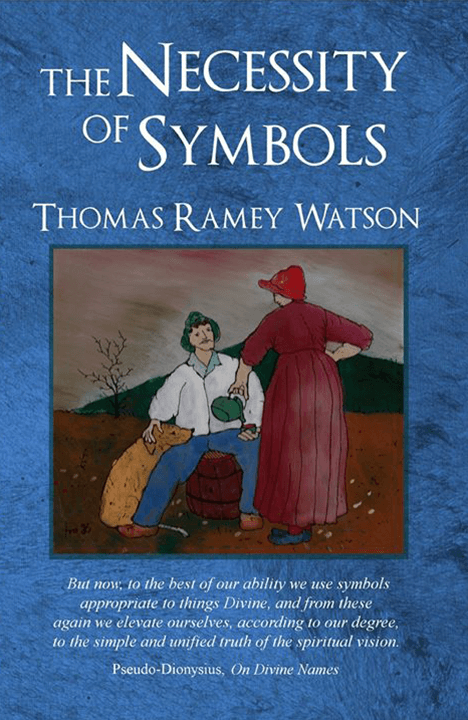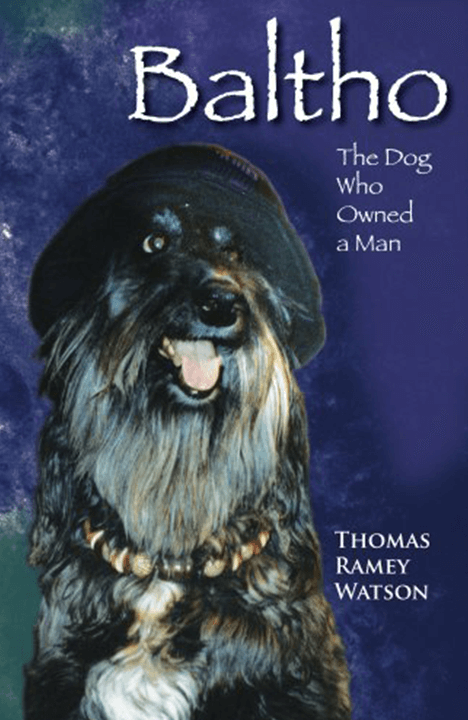My Published Books
I am a writer of non-fiction, fiction, and poetry. Nominated for Poet Laureate of Colorado, I have published creative and scholarly works in a number of nationally circulated magazines and journals.
About Thomas Ramey Watson
Thomas Ramey Watson, Ph.D., is an affiliate faculty member of Regis University’s College of Professional Studies in Denver, Colorado. He has served as the Episcopal chaplain for the Auraria University and College Campus in Denver and taught English for the University of Colorado at Denver.
He has trained as a psychotherapist, has done postdoctoral work at Cambridge University, and was named a Research Fellow at Berkeley Divinity School at Yale University. He is the author of many scholarly writings, including an acclaimed book on Milton, Perversions, Originals, and Redemptions in Paradise Lost. He is a published author of poetry, fiction, and numerous articles about counseling and coaching.
Facebook Pages
Services

Latest From Blog


